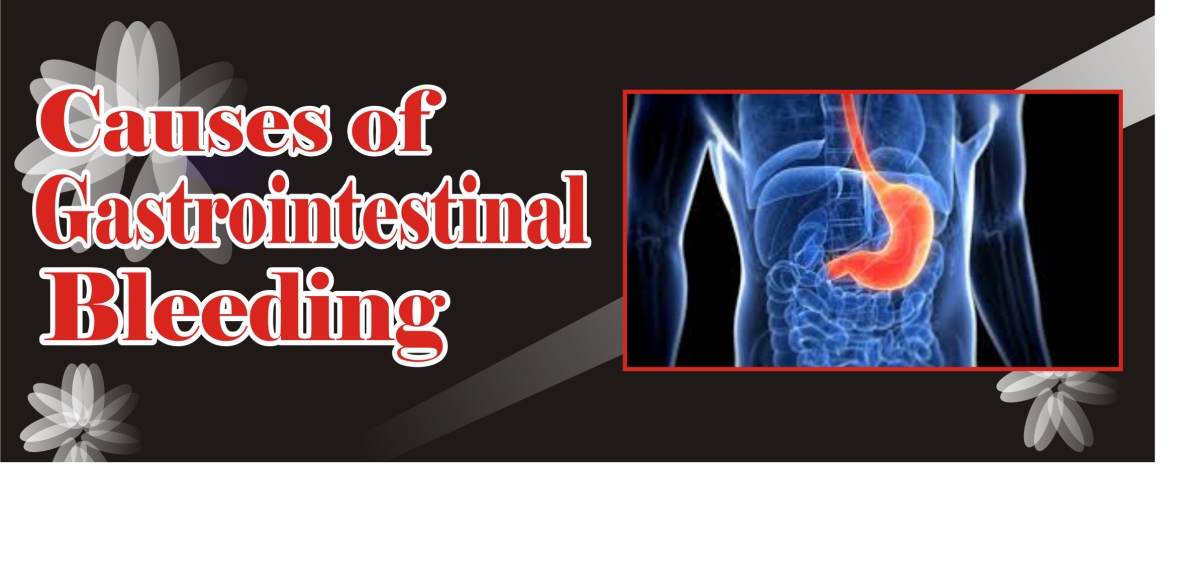Gastrointestinal (GI) bleeding refers to any bleeding that starts in the gastrointestinal tract.
Bleeding may come from any site along the GI tract, but is often divided into:
- Upper GI bleeding: The upper GI tract includes the esophagus (the tube from the mouth to the stomach), stomach, and first part of the small intestine.
- Lower GI bleeding: The lower GI tract includes much of the small intestine, large intestine or bowels, rectum, and anus.
Considerations
The amount of GI bleeding may be so small that it can only be detected on a lab test such as the fecal occult blood test. Other signs of GI bleeding include:
- Dark, tarry stools
- Larger amounts of blood passed from the rectum
- Small amounts of blood in the toilet bowl, on toilet paper, or in streaks on stool (feces)
- Vomiting blood
Massive bleeding from the GI tract can be dangerous. However, even very small amounts of bleeding that occur over a long period of time can lead to problems such as anemia or low blood counts.
Once a bleeding site is found, many therapies are available to stop the bleeding or treat the cause.
Causes
GI bleeding may be due to conditions that are not serious, including:
- Anal fissure
- Hemorrhoids
However, GI bleeding may also be a sign of more serious diseases and conditions, such as the following cancers of the GI tract:
- Cancer of the colon
- Cancer of the small intestine
- Cancer of the stomach
- Intestinal polyps (a pre-cancerous condition)
Other possible causes of GI bleeding include:
- Abnormal blood vessels in the lining of the intestines (also called angiodysplasias)
- Bleeding diverticulum, or diverticulosis
- Crohn’s disease orulcerative colitis
- Esophageal varices
- Esophagitis
- Gastric (stomach) ulcer
- Intussusception (bowel telescoped on itself)
- Mallory-Weiss tear
- Meckel’s diverticulum
- Radiation injury to the bowel

>>Also read about
- Symptoms of Indigestion
- What causes painful urination in male & female
- What are the symptoms of Appendicitis
- The causes of Gastrointestinal Bleeding and as a sign for some serious diseases & conditions.
- This medical condition is not good for the body
- Urinary tract infections in teens and adults
- What is constipation



